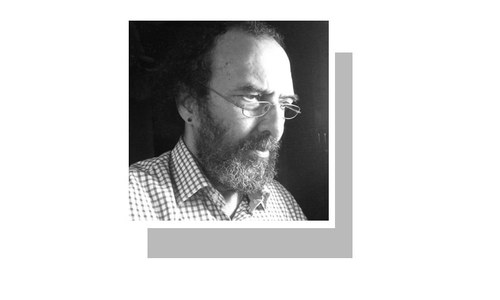Modi wants evidence to isolate Pakistan
NEW DELHI: Indian Prime Minister Narendra Modi presided over a high-level security meeting here on Monday at which he asked for concrete evidence to be gathered in the aftermath of the attack on an Indian army camp in Uri, and local reports said the thrust was to diplomatically isolate Pakistan.
Reports quoted unnamed sources as saying Mr Modi chaired the meeting with the highest ranking security personnel, including the army chief, but opted against any knee-jerk reaction to the murderous assault that left 18 soldiers killed and several injured in Uri on Sunday.
Reports said Delhi wants “clear evidence of Pakistan’s complicity” to be presented to all major global fora, including the upcoming UN General Assembly.
The meeting was attended by Home Minister Rajnath Singh, Finance Minister Arun Jaitley, Defence Minister Manohar Parrikar, National Security Adviser Ajit Doval, Army Chief Gen Dalbir Singh Suhag and other senior officials in the PMO, Defence Ministry and the Home Ministry.
“The meeting is believed to have also considered several other options,” IANS agency quoted the sources as saying. It added that these were likely to be measured and well thought-out.
At the meeting, the prime minister was also briefed about the use of “incendiary” ammunition by the terrorists, though such ammunition can be found only with army establishments. The use of the specific ammunition is believed to have weighed in with the Indian analysts to link the attack with the Pakistan army, reports said.
Other reports said that the extended use of curfew in the Valley had impacted adversely in the human intelligence gathering, which may have contributed to the unanticipated disaster. The Telegraph of Kolkata reported recently, however, that the United States was worried such an attack might occur in the race by the two countries to show each other down on the international circuit.
At Monday’s meeting, reports said, Mr Modi “asked the security and other investigative agencies to collect all evidence that points to Pakistani involvement in the attack for presentation at international fora”.
They quoted the sources as saying that the broad thinking was that India must act without getting into the trap of emotions and anger after taking into account both the short- and long-term implications.
Speaking to reporters separately, Minister of State for Home Kiren Rijiju said India was not concerned about Pakistani denials and reactions and would react appropriately and at its own pace.
“Everything is in front of the people. We must not give much attention to Pakistan’s reaction. We will take our steps carefully,” Mr Rijiju said.
Published in Dawn, September 20th, 2016













































